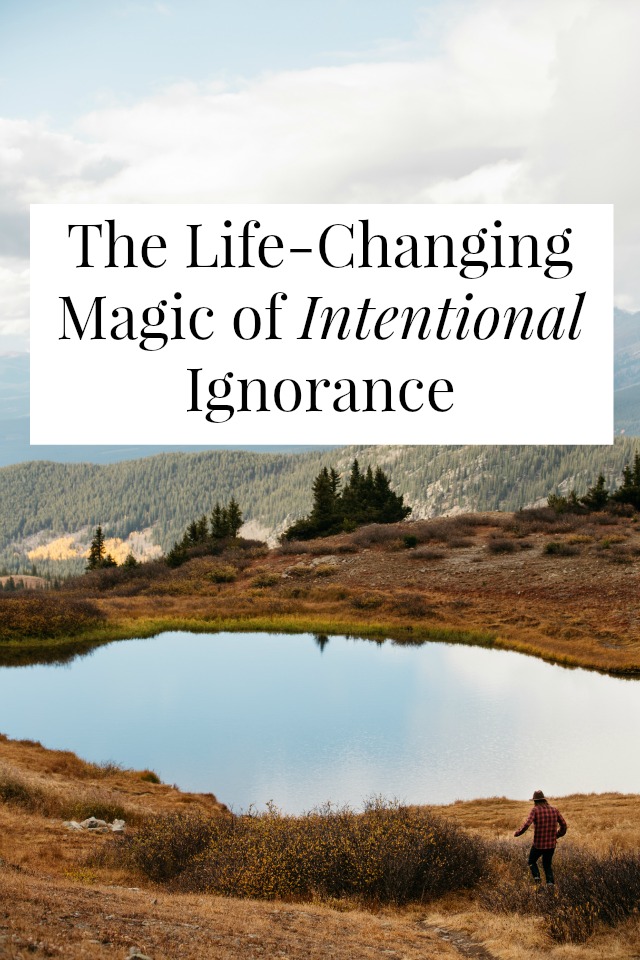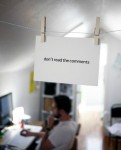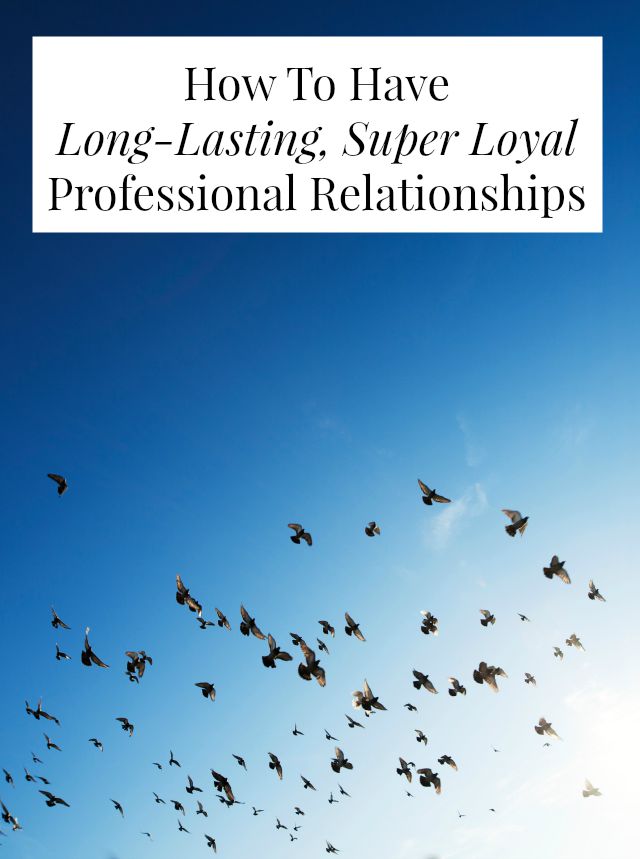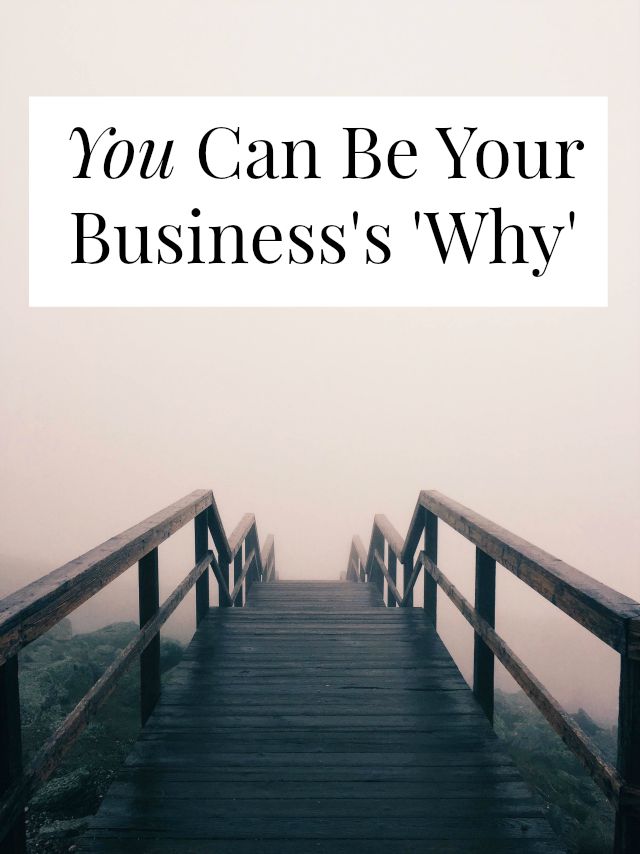
A few weeks ago I did something exceptionally brave.
I had to psyche myself up a bit and it took a few false starts, but after a few minutes of hovering and second guessing, I did it.
I was flooded with a mix of relief and guilt. I felt the internal click of an idea sliding into place, the realization that I could do things differently than I have in the past.
And what difficult, meaningful thing did I do?
Dear readers, I clicked ‘mark all as read’ on my RSS feed.
And when I saw newsletters from some of my favorite writers and bloggers filter into my inbox? I clicked ‘delete.’
Are you audibly groaning and rolling your eyes?
I realize it might not seem like a particularly revolutionary act, but this temporary ‘opting out’ has increased my productivity and cleared my mind like nothing else.
You see, I’m deep in ‘creation mode’ at the moment, I’m ghostwriting a book for Penguin. I’m writing a book proposal for another client. I’m completely rewriting, re-marketing, Kindle-izing and Amazon-ing two of my ebooks.
And all those great articles and clever blog posts and super helpful tutorials that I usually read aren’t helping me get any closer my goals. In fact, they’re distracting and misdirecting me.
Just learned 20 blog changing tweaks? I should probably stop what I’m doing right now and implement every suggestion in that 20-point list.
Just heard about the benefits of Periscope for the 50th time? Better scope riiiiiight now!
Happened upon Regina’s beautifully formatted and optimized images? Wouldn’t it be awesome if every image in my entire archive of 2,000+ blog posts looked like that? Clearly, I should start doing that now.
So I’m making the decision to safeguard my focus and productivity. I’m putting the proverbial blinders on and keeping my eyes on my own paper. And you can do exactly the same thing if you want to.
You can choose intentional ignorance.
Sometimes intentional ignorance is the best choice you can make for yourself, your life + your business. Click To TweetAnd while any suggestion that includes the word ‘ignorance’ might give you pause, hear me out.
Intentional Ignorance gives you space to do your best work. It frees up mental energy for big, exciting projects. It allows you to focus - with laser-like intensity - on one or two things.
What Intentional Ignorance is
It’s realizing that you’ve reached mental capacity and you don’t have time for another social media platform. It’s deciding that - while you’re sure webinars are great - you’re simply not going to learn about them right now.
It’s deciding that your SEO situation is good enough because you’re focusing on something else for the time being. It’s a temporary decision to put tweaking and fine tuning on hold because you’re busy putting E-V-E-R-Y-T-H-I-N-G into one (or two) projects.
What Intentional Ignorance isn’t
It’s not a long-term strategy. It’s not an excuse to ignore advances and changes in your field. Intentional Ignorance won’t save you when Google and Facebook change their algorithms.
How you can add a little Intentional Ignorance to your business life
- Allot a specific amount of time for your information sabbatical
When are you going to resurface? A week after you launch your product? Once you’re done promoting your new ebook? January 1st? It’ll feel more professional (and less flakey) if you choose an end date. - Choose an area of interest and stick with it
If you’re working on defining your writing voice, those are the blog posts you should be reading, the webinars you should be watching, and the newsletters you should be opening. If doesn’t address the topic you’re working on, you officially have my permission to ignore it. (In the event that you need permission from some stranger on the internet.) - Resist the urge to pin/save/sort things that you’ll ‘read later’
I know, I know. You imagine resurfacing from your romance with Intentional Ignorance and actually clicking through everything you’ve filed in your ‘professional development’ folder.I’m here to tell you that a) that won’t happen b) all those unread newsletters carry an immeasurable psychic weight. They make you feel bad just sitting there, all unread! Dude, delete them. That’s what Google is for. When you’re ready, you can just type ‘how to get more blog sponsors‘ into that search box.
- Consider dialing back your other commitments + responsibilities
If you’re in the depths of a huge project, you should be intentional with your information consumption and intentional with your energy. You’re totally allowed to post less - or bring in guest posters, host interviews, do link roundups, or reuse old posts.You’re allowed to turn down clients or take a vacation from your blog.
We all cycle through seasons in our lives and businesses - times when we’re seeking inspiration and insight and times when we need quiet single-mindedness and uninterrupted time. Take a look at where you are and what you’re doing and if you need to turn down the noise, go ahead and click ‘unfollow’ or ‘unsubscribe’ or even just ‘mark all as read.’
The internet will still be here when you get back.
Have you ever practiced Intentional Ignorance? Would you? What big things are you working on right now?























